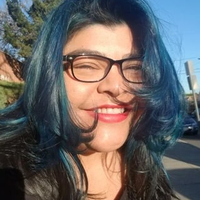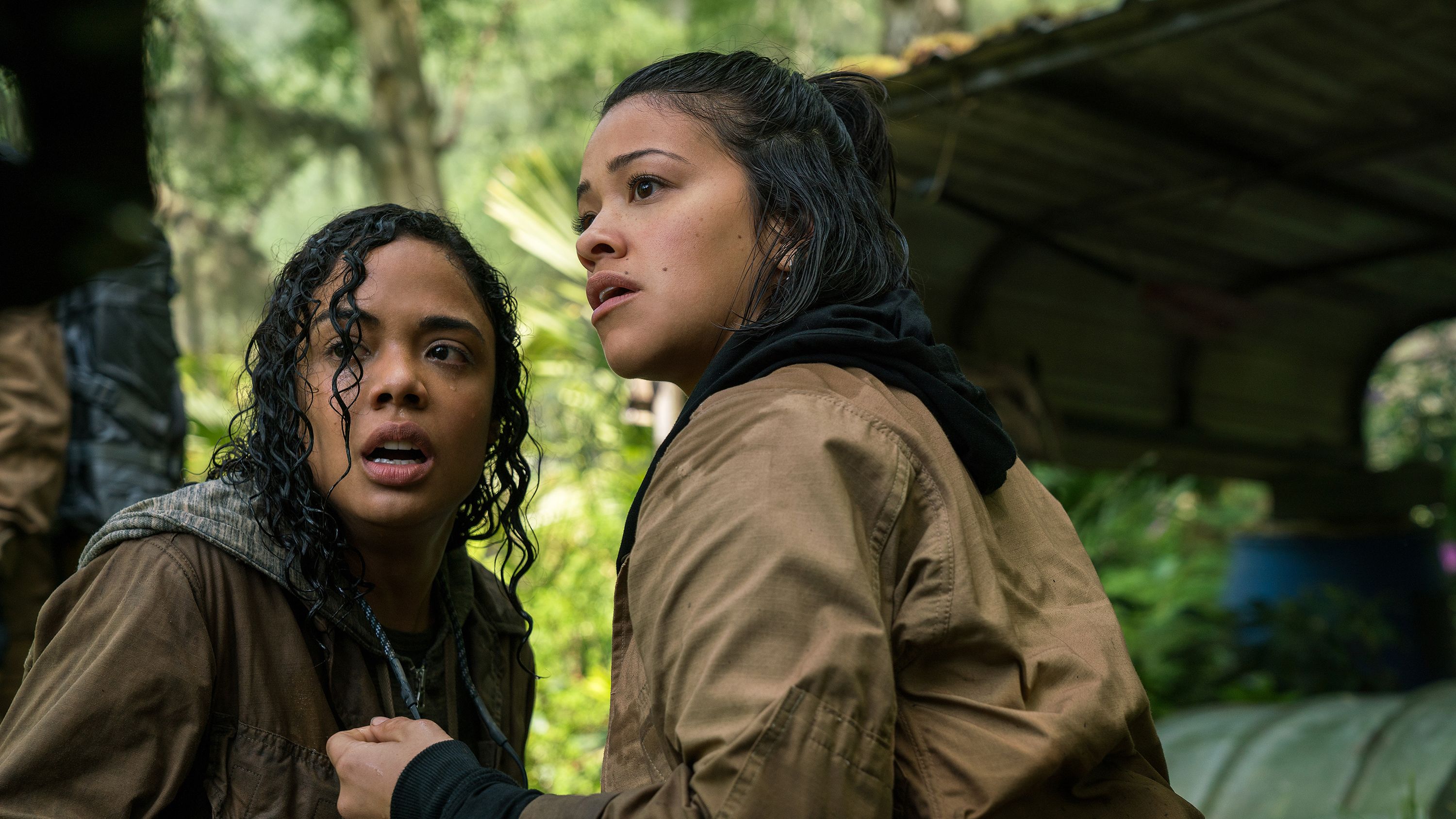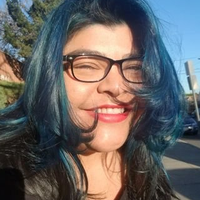The White-Washing Was Accidental, But 'Annihilation' Shouldn't Get a Free Pass for Inclusivity
The moment you leave one woman of color behind is the moment you leave them all behind.


Annihilation is, on the surface, the movie that women in Hollywood have been waiting for. It's a female-dominated film in a male-dominated genre, with a diverse cast that includes Gina Rodriguez, Tessa Thompson, and Oscar Isaac. On the face of it, Annihilation seems like a big win for inclusivity. But despite the film's suspense and beauty, the only thing I left the theater thinking was: What if Annihilation had the Asian and Native American leads it was meant to?
"He just assumed Lena was white. Which says a lot."
Annihilation's casting of Natalie Portman and Jennifer Jason Leigh—who play two of five women exploring a quarantined zone full of mutant animals and plants—is undeniable white-washing. In the book, Portman's character Lena is of Asian decent, while Leigh's Dr. Ventress is half Native American/half white. But people seem willing to put this revision aside thanks to director Alex Garland's claims that he wrote the script for Annihilation after reading only the first installment of the Southern Reach Trilogy series. At that point, neither of the follow-up books (which mention Lena and Dr. Ventress' ethnicities) had been released—so Garland wasn't aware of any white-washing on his part. He just assumed Lena was white. Which says a lot.

The thing is, the second book in the Southern Reach Trilogy was released in May 2014; casting for the film was finalized in March 2016—which begs the question: In the almost two years between writing the script and casting, why didn’t anyone bother to catch this very important detail?
While the science fiction genre has always been relatively ahead of the curve when it comes to female characters (Buffy Summers, Dana Scully, General Leia, Hermione Granger, Ellen Ripley, and Lara Croft, to name a few), it's severely lacking in roles for women of color. In fact, prior to Annihilation and the upcoming A Wrinkle In Time, I could count on two hands how many times I have seen a woman of color lead a sci-fi movie or TV show.
"Knowing what we know, can we really praise this movie for inclusion?"
That’s part of the reason why seeing Annihilation open in 2018—a year when women of color are demanding to be heard and included, and when studios are seemingly trying to do better—is such a disappointment. Fine, Garland didn't know. But the fact that he didn't make an effort to find out is part of the problem. The fact that he automatically assumed Lena was white is even worse.

Annihilation encourages viewers to ask questions. So we should also question whether the movie truly champions the message it puts forth. It's great to see women of strength, of science, of different backgrounds on screen—but knowing what we know, can we really praise this movie for diversity?
Female-led films shouldn’t come at the cost of neglecting underrepresented women of color, and when they do, they invalidate their own claims of inclusion. For those feeling defensive of the movie ("It was still so diverse and feminist!"), it's vital to remember that feminism has continuously left behind or excluded women of color. Think of Susan B. Anthony, who marked the suffragette movement as white-only when she famously said, "I will cut off this right arm of mine before I will ask for the ballot for the Negro and not for the woman." Annihilation, for all its good, can't be called a win for diversity or feminism because it's not inclusive. The moment you leave one woman of color behind is the moment you leave them all behind.
Get exclusive access to fashion and beauty trends, hot-off-the-press celebrity news, and more.
Yolanda Machado is a Los Angeles based award winning blogger (SassyMamainLA), critic and freelance entertainment journalist with bylines at Broadly, Moviefone, Remezcla and more. She is a Latina mother of one daughter, and has an obsession for pop culture and Broadway musicals.
